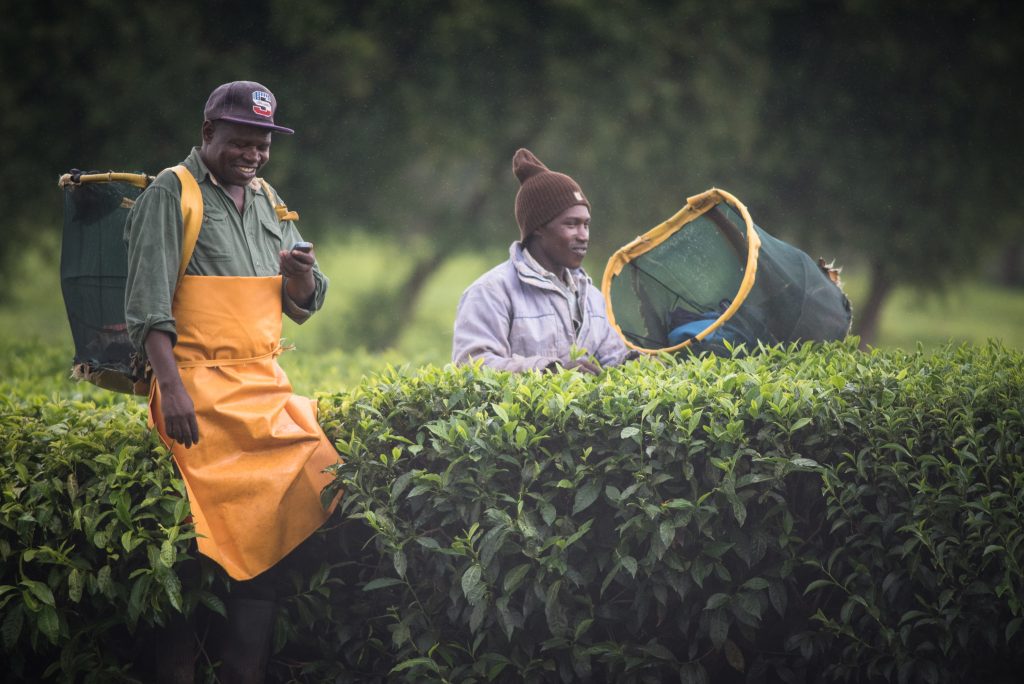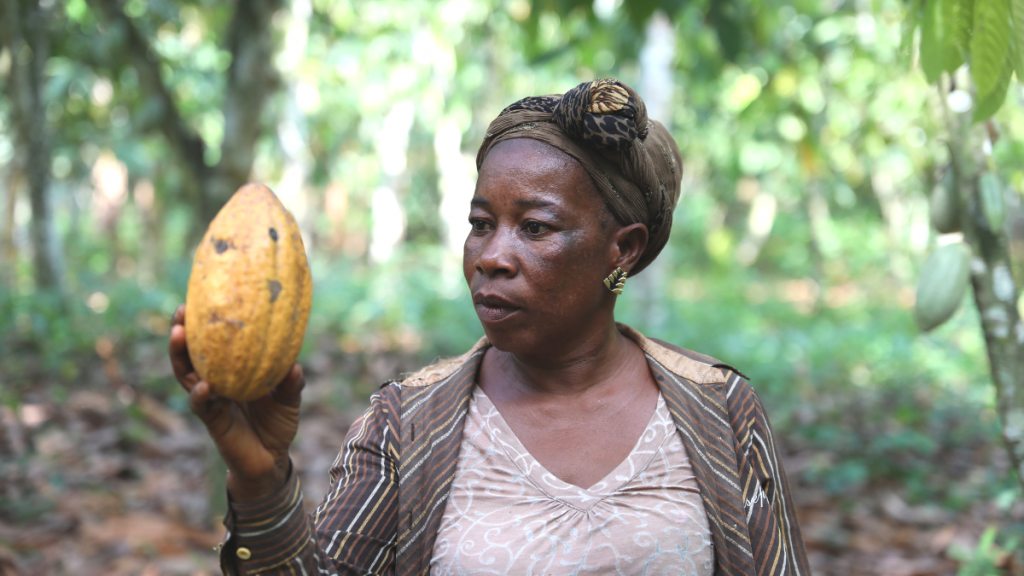From Accra to Colombo, smallholder farmers face many of the same challenges in accessing relevant information and financial services that will help improve their productivity and profitability. Between April 2017 and April 2019, the GSMA AgriTech Programme collaborated with mobile network operators (MNOs) and AgriTechs across six markets to address these issues by digitising agricultural last mile operations.
In previous engagements, the program focused on targeting farmers via mobile-based information services. While we continue supporting this important work, we took a broader approach in 2017: collaborating with MNOs to develop mobile-based enterprise services for agribusinesses procuring directly from smallholder farmers (B2B2C). We believe that digitising elements of the last mile agricultural supply chain and smallholders’ payments can lead to increased adoption of digital tools by farmers.
Based on their extensive networks and brand awareness, MNOs have a strategic advantage over more traditional institutions to deploy such holistic solutions. In Sri Lanka, our engagement partner MNO digitises crop collection records and farmer payments for a tea agribusiness. In Rwanda, a tea exporter also benefits from mobile money payments, digital procurement and e-receipt system for its partner farmers. For Ghana and Cote d’ Ivoire projects, we collaborated with an MNO for the digitisation of farmer registration, procurement and payments in the cocoa and palm oil value chains.
The Tanzanian mobile operator helped streamline daily collections of milk from farmers, provide real-time update from field operations and enable easier mobile payments processing for milk collection centres. In Pakistan, the MNO developed an agribusiness digitisation platform for registration, procurement and payments to cotton stick farmers. Some MNOs developed these digital solutions in-house while others established partnerships with AgriTech providers. With the support of the GSMA from initial user experience research, to product development, business intelligence and product iteration workshops, the operators reached thousands of farmers across these markets and developed solid relationships with agribusinesses and agri cooperatives. The foundations have been laid, for operators to reach millions of farmers now that the services have gone through development and pilot stage.
After two years of operation, we captured the key lessons learned for successful and scalable projects in this nascent sector:
The mobile network operator is the orchestra conductor for user experience research and product management activities
It is key that the MNO participates fully in the user-experience (UX) field research and user acceptance testing (UAT) in order to develop empathy and ownership of the service blueprint; this helps ensure that the product being built addresses the needs and pain points of the end-user. Some of the MNOs we worked with chose to build the service in-house and from scratch: this process took several weeks and mostly relied on their team efficiently performing product management activities. Hence the importance to have a clear project and product management framework. If adapting an AgriTech’s existing software is the chosen path, then ensuring strategic alignment and a good team working ethos with the MNO from the beginning, contributes to successful outcomes. The AgriTech should actively participate in the UX work and properly grasp the agribusiness’ processes in order to propose relevant digital tools.
The product manager acts as the internal champion and integrates relevant cross-functional team members to help deliver the service
Ideally, the product manager will have experience conducting agri digitisation projects. At the very least, the product manager should be highly motivated to implement such projects and able to effectively communicate this drive to relevant colleagues. This ranges from sales and distribution, through UX, agent network management or marketing departments. The project sponsor should be a C-level executive with close oversight of the project evolution and able to provide strategic guidance and support as needed by the product manager. The GSMA team has also provided support in different areas including a dedicated market engagement manager, business intelligence and agri value chain content specialists.
 Figure 1: Cross-functional team from the mobile network operator and GSMA
Figure 1: Cross-functional team from the mobile network operator and GSMA
The agribusiness and the mobile operator have a shared vision
Project success can be predicted by careful and early agribusiness selection according to predefined criteria. Criteria should include the type of value chain, frequency of farmers’ payments, level of commitment from the agribusiness top management and network coverage. The agribusiness should have a long-term digitisation agenda for its operation. Although in some cases GSMA will facilitate the introduction between the MNO and the agribusiness, the MNO should be the owner of the relationship and strengthen it.
Define success and use consistent measures
At project inception, key stakeholders should develop a clear vision of success and a framework of key performance indicators to measure progress. Measurement can be achieved via a variety of tools, but in any case, should be focused on both quantity (number of farmers, agribusiness, services deployed) and also quality (level of usage, net performer scores).
Patience and regular product reviews to get it right
The digitisation of agri value chain business processes is a long journey for all stakeholders involved. It takes multiple trials, patience and stamina to get it right. The GSMA AgriTech team encourages MNO and agribusinesses to undertake quarterly product iteration workshops to evaluate the service evolution though different lenses. The GSMA provides support for the preparation and implementation of such workshops to ensure interactive sessions, punctuated with ideation, which draw on the learnings from the research and help address identified challenges.
Building on the insights and lessons learnt to date, and with the support of UK Aid, the GSMA AgriTech team has launched the GSMA AgriTech Innovation Fund in June 2019. The objective of the fund is to support financial inclusion, and access to information for smallholder farmers via last mile digital agricultural enterprise services.
Please visit our website or email [email protected] for more information.




